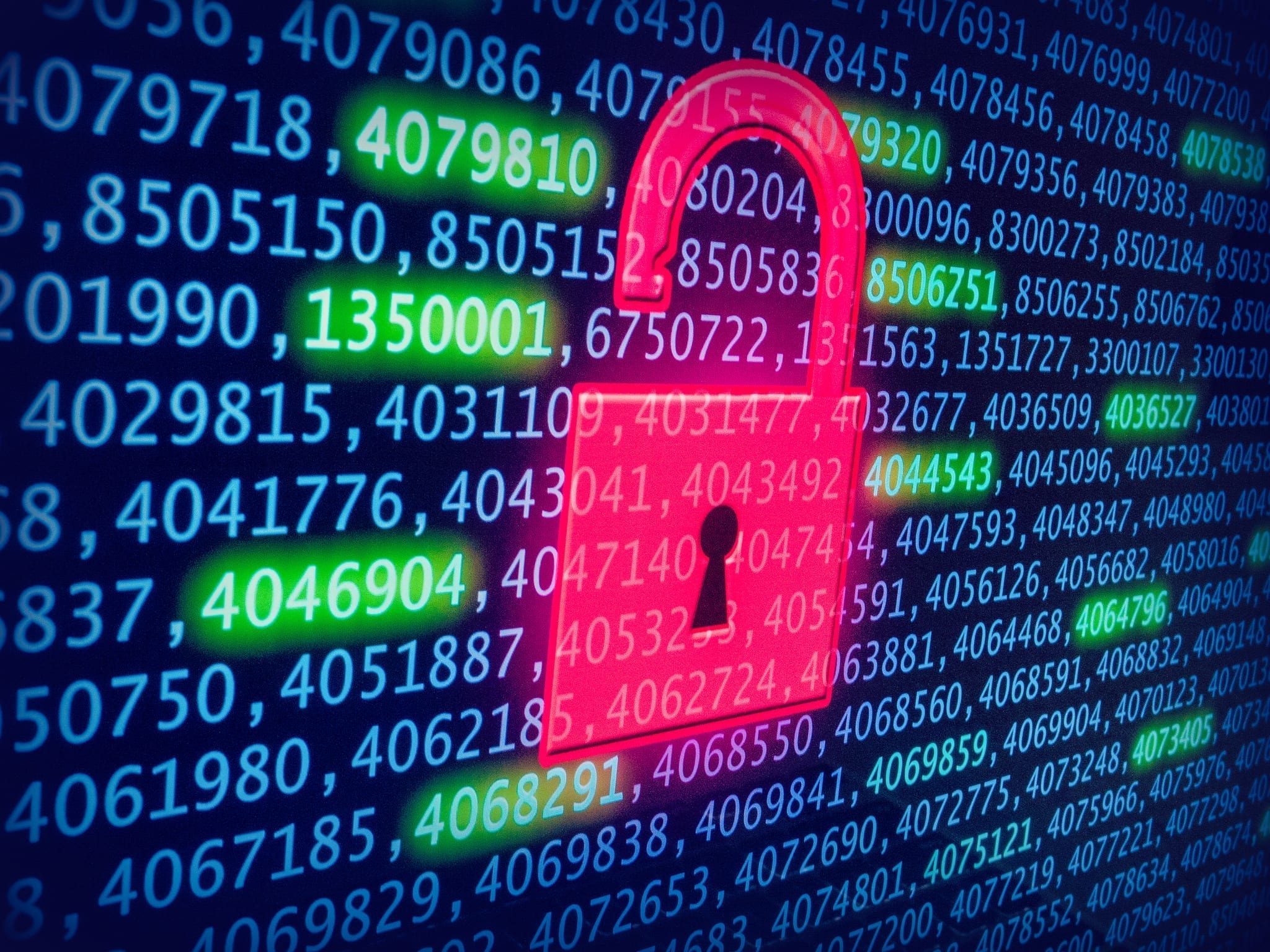One of the best methods of protecting your network connections and data is encryption.
Every business needs to have adequate cybersecurity protections, whether it’s a law firm or a clothing manufacturer. Different sizes and types of businesses, however, will require different types and levels of security. Here are some tips for protecting your law practice from cyber attacks.
1. Develop a Prevention And Response Strategy
The most important step in protecting your law practice from cyber attacks is developing a cyber attack prevention strategy. This strategy should also include the steps you should take in response to a successful cyber attack, should one ever occur. Developing a strategy will ensure that all employees of the firm are aware of their roles in protecting the firm and what they should do in the event of a cybersecurity threat or breach. Your strategy should include the tools you have at your disposal and how they’re to be used, training for employees, information on how employees should use digital tools safely and physical security infrastructure.
2. Identify Threats And Assets
It’s important to understand both the tools at your disposal and the threats your firm faces. You should use a variety of tools to create a strong, multi-layered security infrastructure. Some commonly utilized tools include authentication requirements, firewalls, multi-factor authentication, antivirus software and password managers. Any business may face viruses, hackers, ransomware attacks, phishing, social engineering and malware, but the level of each threat to your law firm will depend on your cyber assets. These include the data you collect, the applications and software you use, the hardware and systems those tools are stored on, your network’s infrastructure and your network’s users.
3. Focus on Encryption

One of the best methods of protecting your network connections and data is encryption. You can encrypt the data itself, your entire network connection, your communications tools and data transmission and storage. Most people are familiar with Virtual Private Networks (VPNs), which are end-to-end encryption tools meant to protect an internet user’s connection to unsecured wifi. There are also tools for email encryption and cloud encryption services, among others.
4. Emphasize Securing Firm And Client Data
The most important resource of a law firm tends to be client data. Your cybersecurity infrastructure and strategy should be centered on protecting and safeguarding your data and clients’ data. You can store data in the cloud, provided you follow your cloud provider’s security guidelines and the overall security principles of cloud technology. However, the more sensitive your data, the more security it requires. For highly sensitive data, it may be better to choose unconnected servers or external hard drives for such data instead of the cloud.
5. Restrict Remote Work
While remote work is increasingly popular, employees at law firms should be wary of it. Using the cloud and unsecured wifi can be quite dangerous. Doing so frequently and without taking proper precautions can make it far more likely that your firm’s data will be accessed, corrupted or stolen by malicious third parties. The best way to combat this risk is by restricting remote access and work. It may not be practical to bar all employees from remote work entirely, but you can require employees to only work remotely under certain circumstances and when complying with strict security precautions. These may include using remote wipes, logging into VPNs if employees have no choice but to use public wifi and requiring employees to coordinate with their managers about plans to work remotely.
Make sure your cybersecurity is geared toward your law practice’s size and type. You don’t want to have too little security but you also don’t want to overdo it and waste money and time on extraneous resources.


Join the conversation!